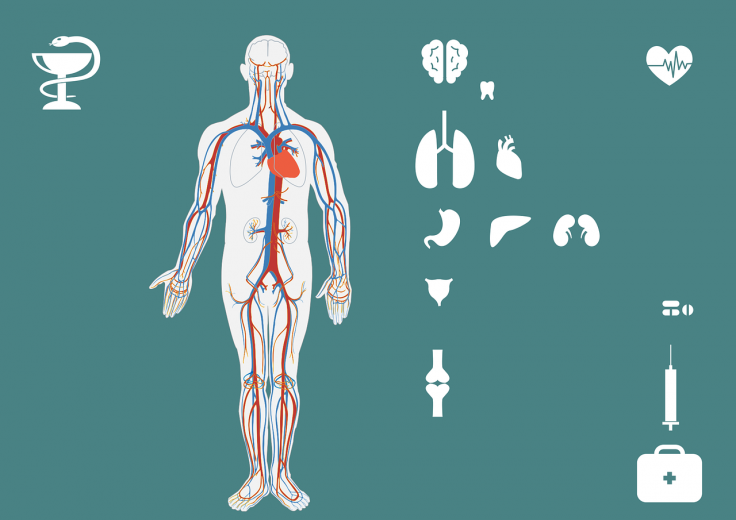
Artificial Intelligence may be helpful in treatment as well as the examination of genetic signatures of Crohn's disease – a lifelong condition in which the digestive system becomes inflamed, research has said.
Scientists in 111 people used machine learning method -- AVA, Dx (Analysis of Variation for Association with Disease) -- to reveal previously undiscovered genes linked with the disease and accurately predict whether thousands of others had the condition, said the study published in the journal Genome Medicine.
AVA, Dx highlighted a new potential 241 CD loci and other known Crohn's genes, including NOD2, and identified 16 percent of the disease patients at 99 percent precision and 58 percent with 82 percent precision in over 3,000 individuals.
The method, which is not a clinical diagnosis tool, used exonic variants from whole-exome or genome sequencing data to extract CD signal and predict the disease status, lead author Yana Bromberg, an associate professor in the Department of Biochemistry and Microbiology at Rutgers University, said, adding that a further study could reveal the molecular reasons behind some forms of Crohn's disease and may lead to better treatments.
According to Crohn's and Colitis UK, the disease, which also causes problems in joints, liver, kidney, skin, and eyes, apart from the gastrointestinal tract, affects more than 300,000 people in the UK. The figure is up to 780,000 people in the United States, the study noted.
"We can use the knowledge gained from this study to similarly model other genetically linked diseases," said Bromberg from the School of Environmental Sciences and School of Arts and Sciences.
According to the research, larger training panels and additional features, including regulatory variants and environmental factors, can improve model performance.
"However, current results already position AVA, Dx as both an effective method for highlighting pathogenesis pathways and as a simple Crohn's Disease risk analysis tool capable of improving clinical diagnostic time and accuracy," the study concluded.









